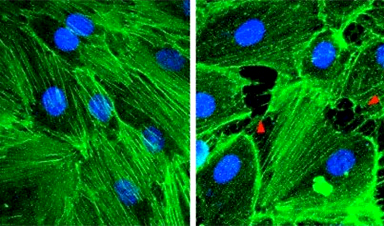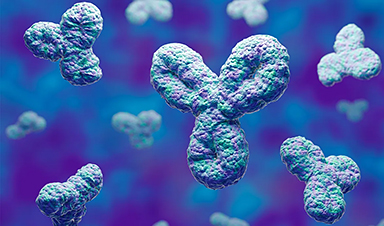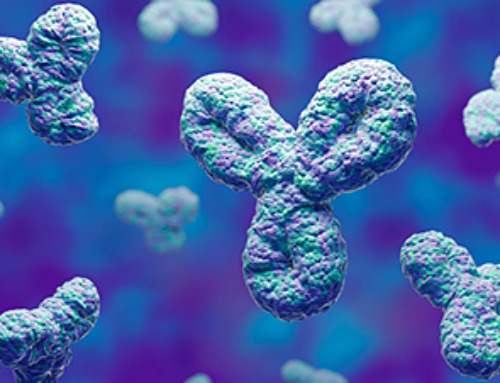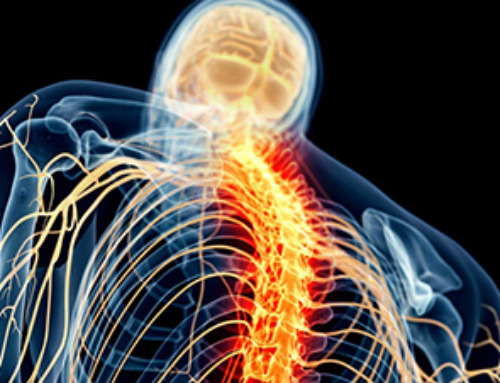| Nanoparticles can be found in processed food (e.g. food additives), consumer products (e.g. sunscreen) and even in medicine. While these tiny particles could have large untapped potential and novel new applications, they may have unintended and harmful side effects, according to a recent study by researchers from the National University of Singapore (NUS). | |
| Specifically, NUS researchers found that cancer nanomedicine, which are designed to kill cancer cells, may accelerate metastasis. Using breast cancer as a model, they discovered that common nanoparticles made from gold, titanium dioxide, silver and silicon dioxide – and also used in nanomedicines – widen the gap between blood vessel cells, making it easier for other cells, such as cancer cells, to go in and out of “leaky” blood vessels.
The phenomenon, named ‘nanomaterials induced endothelial leakiness’ (NanoEL) by the NUS team, accelerates the movement of cancer cells from the primary tumour and also causes circulating cancer cells to escape from blood circulation. This results in faster establishment of a bigger secondary tumour site and initiates new secondary sites previously not accessible to cancer cells. “For a cancer patient, the direct implication of our findings is that long term, pre-existing exposure to nanoparticles – for instance, through everyday products or environmental pollutants – may accelerate cancer progression, even when nanomedicine is not administered,” explained research co-leader Associate Professor David Leong from the Department of Chemical and Biomolecular Engineering at NUS Faculty of Engineering. He added, “The interactions between these tiny nanomaterials and the biological systems in the body need to be taken into consideration during the design and development of cancer nanomedicine. It is crucial to ensure that the nanomaterial delivering the anti-cancer drug does not also unintentionally accelerate tumour progression. As new breakthroughs in nanomedicine unfold, we need to concurrently understand what causes these nanomaterials to trigger unexpected outcomes.” The study, jointly led by Assoc Prof Leong and Associate Professor Ho Han Kiat from the Department of Pharmacy at NUS Faculty of Science, was published in scientific journal Nature Nanotechnology (“Nanoparticles promote in vivo breast cancer cell intravasation and extravasation by inducing endothelial leakiness”). |
Image Credit: National University of Singapore
News This Week
Specially engineered antibody delivers RNA therapy to treatment-resistant tumors
Elias Quijano, PhD; Diana Martinez-Saucedo, PhD; Zaira Ianniello, PhD; and Natasha Pinto-Medici, PhD, there are 25 other contributors, most from Yale's Department of Therapeutic Radiology and from the departments of genetics, molecular biophysics and [...]
Vaccinated women face fewer cervical cancer risks
New data from Denmark shows the HPV vaccine’s powerful long-term impact, while also revealing why cervical cancer screening is still essential. A Danish study published in the journal Eurosurveillance reports that women who received the human [...]
3D-printed implant offers a potential new route to repair spinal cord injuries
A research team at RCSI University of Medicine and Health Sciences has developed a 3-D printed implant to deliver electrical stimulation to injured areas of the spinal cord, offering a potential new route to [...]
Nanocrystals Carrying Radioisotopes Offer New Hope for Cancer Treatment
The Science Scientists have developed tiny nanocrystal particles made up of isotopes of the elements lanthanum, vanadium, and oxygen for use in treating cancer. These crystals are smaller than many microbes and can carry isotopes of [...]
New Once-a-Week Shot Promises Life-Changing Relief for Parkinson’s Patients
A once-a-week shot from Australian scientists could spare people with Parkinson’s the grind of taking pills several times a day. The tiny, biodegradable gel sits under the skin and releases steady doses of two [...]
Weekly injectable drug offers hope for Parkinson’s patients
A new weekly injectable drug could transform the lives of more than eight million people living with Parkinson's disease, potentially replacing the need for multiple daily tablets. Scientists from the University of South Australia [...]
Most Plastic in the Ocean Is Invisible—And Deadly
Nanoplastics—particles smaller than a human hair—can pass through cell walls and enter the food web. New research suggest 27 million metric tons of nanoplastics are spread across just the top layer of the North [...]
Repurposed drugs could calm the immune system’s response to nanomedicine
An international study led by researchers at the University of Colorado Anschutz Medical Campus has identified a promising strategy to enhance the safety of nanomedicines, advanced therapies often used in cancer and vaccine treatments, [...]
Nano-Enhanced Hydrogel Strategies for Cartilage Repair
A recent article in Engineering describes the development of a protein-based nanocomposite hydrogel designed to deliver two therapeutic agents—dexamethasone (Dex) and kartogenin (KGN)—to support cartilage repair. The hydrogel is engineered to modulate immune responses and promote [...]
New Cancer Drug Blocks Tumors Without Debilitating Side Effects
A new drug targets RAS-PI3Kα pathways without harmful side effects. It was developed using high-performance computing and AI. A new cancer drug candidate, developed through a collaboration between Lawrence Livermore National Laboratory (LLNL), BridgeBio Oncology [...]
Scientists Are Pretty Close to Replicating the First Thing That Ever Lived
For 400 million years, a leading hypothesis claims, Earth was an “RNA World,” meaning that life must’ve first replicated from RNA before the arrival of proteins and DNA. Unfortunately, scientists have failed to find [...]
Why ‘Peniaphobia’ Is Exploding Among Young People (And Why We Should Be Concerned)
An insidious illness is taking hold among a growing proportion of young people. Little known to the general public, peniaphobia—the fear of becoming poor—is gaining ground among teens and young adults. Discover the causes [...]
Team finds flawed data in recent study relevant to coronavirus antiviral development
The COVID pandemic illustrated how urgently we need antiviral medications capable of treating coronavirus infections. To aid this effort, researchers quickly homed in on part of SARS-CoV-2's molecular structure known as the NiRAN domain—an [...]
Drug-Coated Neural Implants Reduce Immune Rejection
Summary: A new study shows that coating neural prosthetic implants with the anti-inflammatory drug dexamethasone helps reduce the body’s immune response and scar tissue formation. This strategy enhances the long-term performance and stability of electrodes [...]
Scientists discover cancer-fighting bacteria that ‘soak up’ forever chemicals in the body
A family of healthy bacteria may help 'soak up' toxic forever chemicals in the body, warding off their cancerous effects. Forever chemicals, also known as PFAS (per- and polyfluoroalkyl substances), are toxic chemicals that [...]
Johns Hopkins Researchers Uncover a New Way To Kill Cancer Cells
A new study reveals that blocking ribosomal RNA production rewires cancer cell behavior and could help treat genetically unstable tumors. Researchers at the Johns Hopkins Kimmel Cancer Center and the Department of Radiation Oncology and Molecular [...]






















Leave A Comment